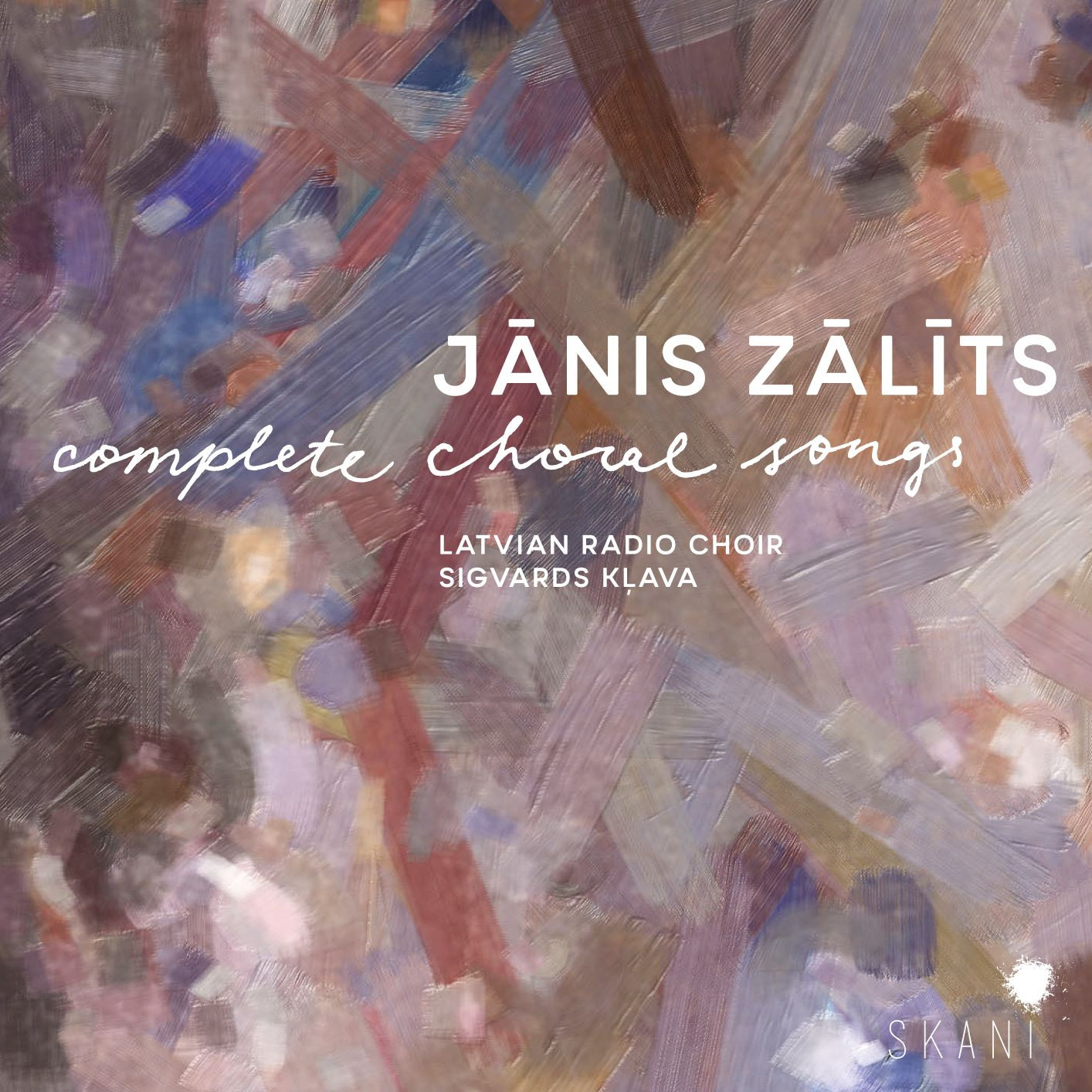"This recording is the consequence of several year's labour of love by Sigvards Kļava and musicologist Agnese Paunia. The result has been a new publication of Zālīts’s complete choral music. All of the works in this recording are world premieres.
Jānis Zālīts’s compositions embraced solo song, choral song and a small amount of piano music. A selection of the latter can be found on another of Skani’s releases, The Three Osokins in Latvian Piano Music, which I reviewed in 2018. Reading between the lines, he appears to have harboured many insecurities regarding his compositional endeavours. We are told that he felt a constant need to re-edit works, striving for new versions. He would also abandon compositions halfway through, losing confidence in their progress. Any attempt to catalogue his opuses chronologically is virtually impossible, as he usually never dated them. His oeuvre consists of about 100 works, written roughly over a forty-year period. His choral items, the focus of this release, contains 36 songs for mixed choir, 7 for men’s choir and a single example for women’s choir.
Zālīts gravitated towards this genre as he felt that song established his bond with his native country. He selected poetry that was noble and contained “a flood of the deepest feelings, the deepest essence of things in their first framing, the rhythm of the soul”. He found that several contemporary poets lived up to this ideal, and these he drew from.
These choral works offer a wealth of harmonic invention. The composer was indeed resourceful. Some are quite chromatically adventurous, like Birch Grove, Cherished Souls, From Early Childhood and The Heart is so Heavy. They are also shot through with impressionistic hues. Others reveal the composer’s gift for melody and lyricism. Particular favourites for me are May the Earth Feel no Pain, Midsummer People’s Song for the Leader and We Greet You. He chooses his singers and their unique timbres to suit the texts. So the men’s choir sing Brave Soldiers, Soldier’s Song and Convicts’ Song.
These settings have been a joy to hear, and I am sure the listener will find these fertile fields as rewarding as I have. The Latvian Radio Choir directed by Sigvards Kļava offer performances which are extremely accomplished and scrupulously detailed. The acoustic is conducive to focusing the choral sound with immediacy, and diction is well captured. Enjoyable though this recording is, with almost two hours of music, it is perhaps best savoured several tracks at a time. I have been dipping into it all week. These are songs which capture the listener with their freshness, colour and touching beauty; I have nothing but praise for them.
Stephen Greenbank, MusicWeb International, June 2020
Jānis Zālīts: Complete Choral Songs
Performers
Sigvards Kļava
- conductor
Latvian Radio Choir
Series
Latvian composers
Recorded
2019
Release date
22.11.2019
Compositions
Description
LMIC 077
“In Zālīts’ songs, the effort to use all means of modern harmony culminates in undeniable success. They capture the audience with their freshness, unobtrusive illustration and vibrant colour. Zālīts is the freshest and most mischievous among our composers, and not only among the younger generation,” said Prof. Jāzeps Vītols in 1913 of Jānis Zālīts’ (1884–1943) first compositions for choir, made while still a student. At that time, there were still no professional choirs in Latvia to serve as an experimental laboratory for composers seeking a new path. It was also a time when the German choral style was held in high regard. But Zālīts, a courageous innovator, strived for a breath of the contemporary in music, and this challenged many of his contemporaries to re-examine ingrained opinions and often also choir singers and conductors to radically step out of their comfort zones.
Zālīts’ mastery is a thorough knowledge of the richness of music in the world and at the same time the ability to protect his own work from obvious signs of influences. It is the skill in subtly weaving the Latvian code into his work as well as preserving the integrity of his stylistic expression from his very first composition to his last.
Elīna Selga
Review

